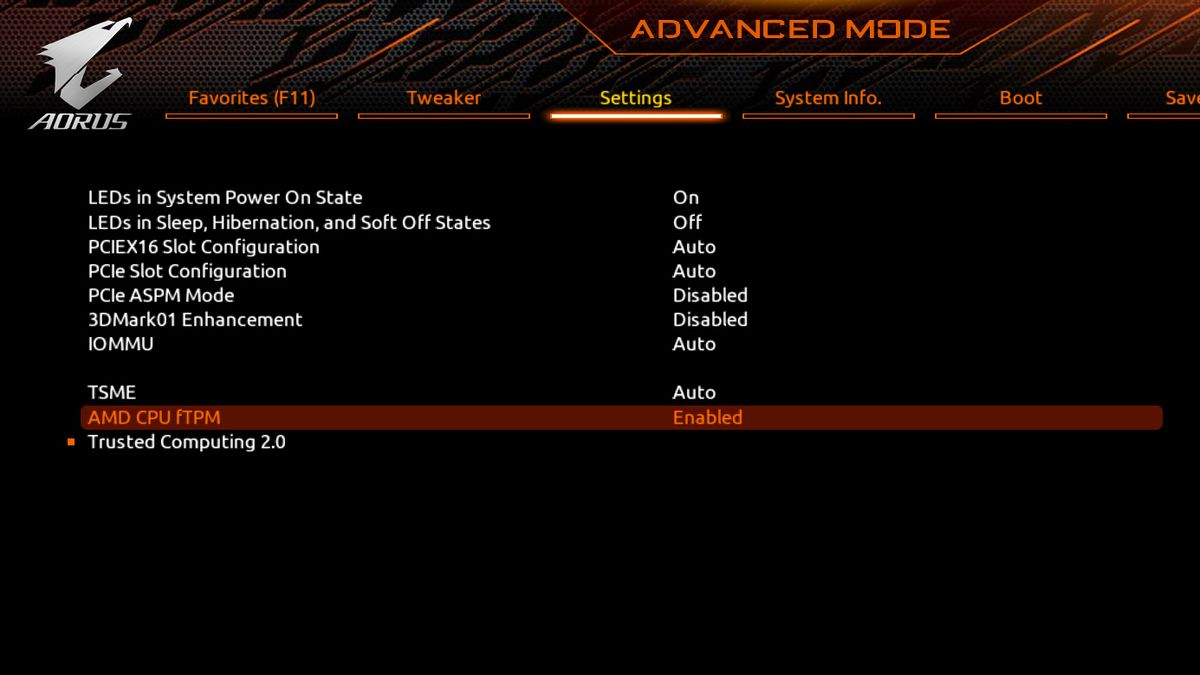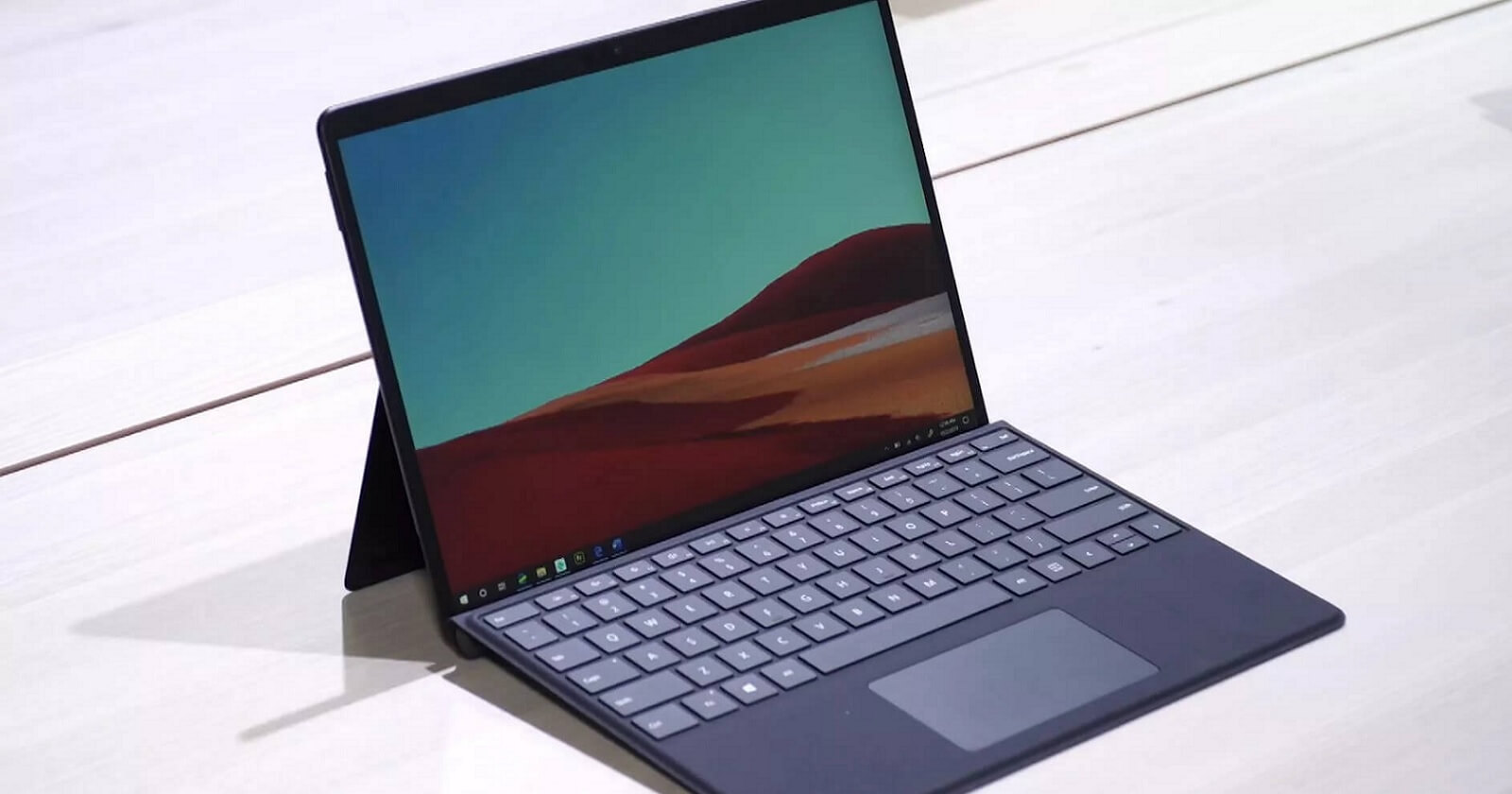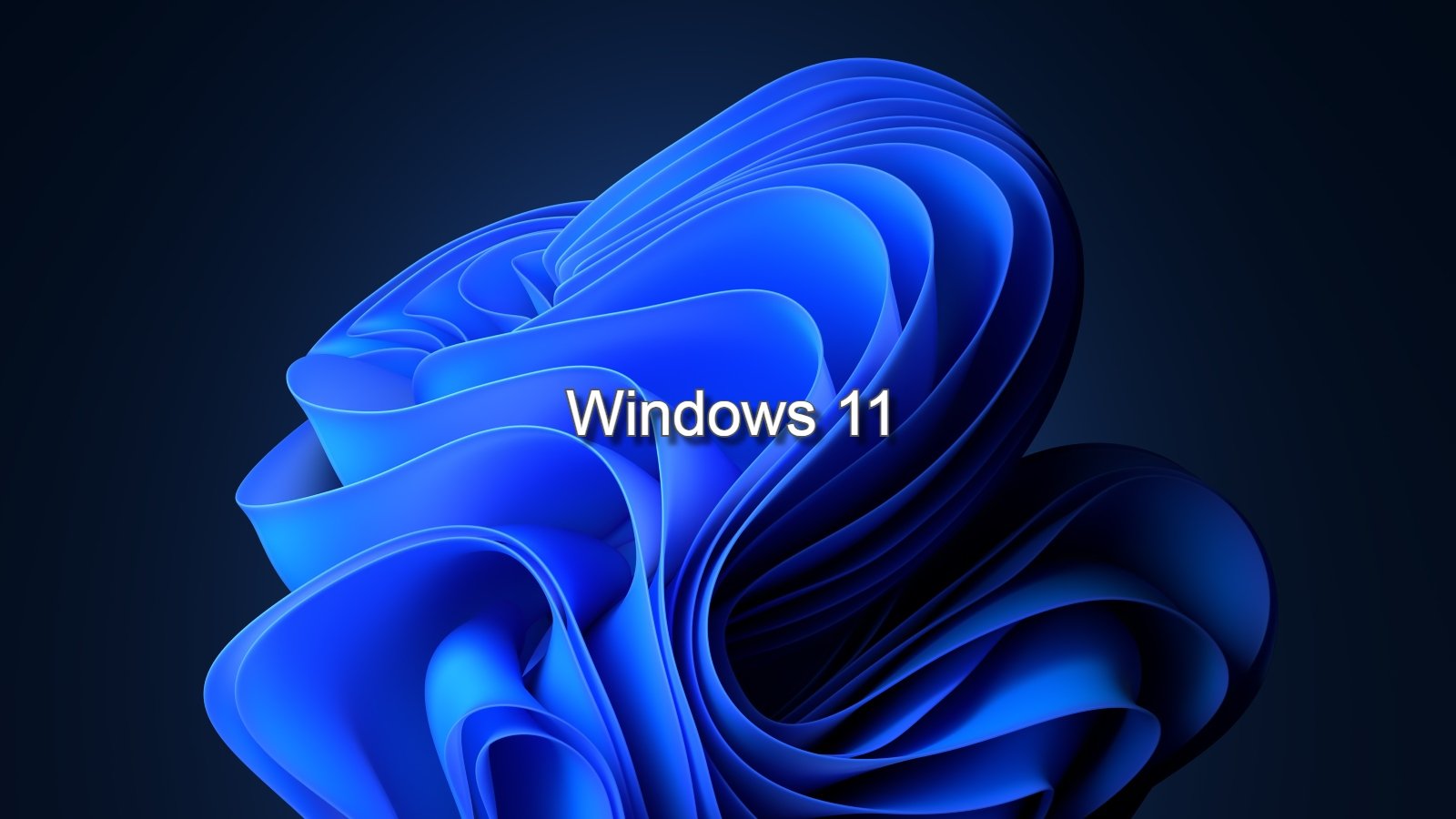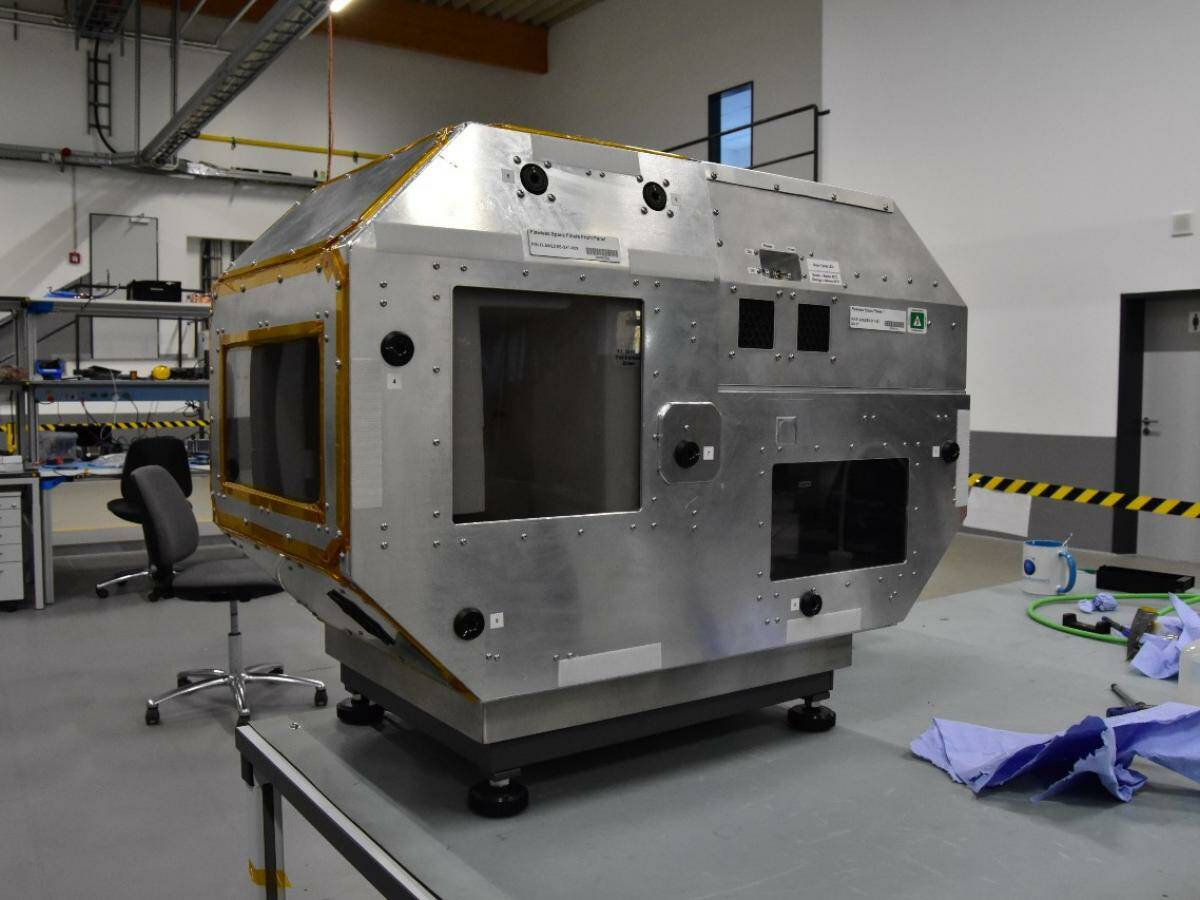
Windows 11's TPM Requirement Surprised PC Builders, but You Can Enable It in BIOS
Windows 11 was announced today, and one of its minimum requirements was a bit of a surprise to PC builders: TPM 2.0. TPM, or Trusted Platform Modules, safely store encryption keys, passwords and certificates, as well as ensuring the integrity of your PC. TPM is found in most recent laptops and in enterprise systems, but is less common in custom-build or DIY desktops, or if it exists, it’s often off by default. And that may cause confusion. We've reached out to Microsoft for more clarity on the TPM 2.0 requirement, but haven't heard back yet. When I first checked on my desktop using Microsoft's PC Health Checker, which isn't the most recent but far exceeds the minimum requirements by far, I was told I couldn't upgrade.
My gaming PC, which far exceeds the minimum specs, can't run Windows 11, per Microsoft's PC Health Check Have to wonder if that involves TPM 2.0. I've reached out to Microsoft about that pic.twitter.com/K5KcaVmu4NJune 24, 2021
Indeed, I don't have a physical TPM module in my system. But it ends up, there's a workaround. I fiddled around in the UEFI, where I found a setting to enable Firmware TPM, or fTPM. (In Intel parlance, it will be called PTT, or Platform Trust Technology). On my Asus X370 Prime Pro motherboard, it was under Advanced > AMD fTPM configuration, where I switched from Discrete TPM to enable a Firmware TPM. Then, I rebooted and returned to PC Health Checker and it said I could install Windows 11 without issue. Of course, to do that, I'll have to sign up for upcoming Windows Insider Builds or wait until the release this holiday.























